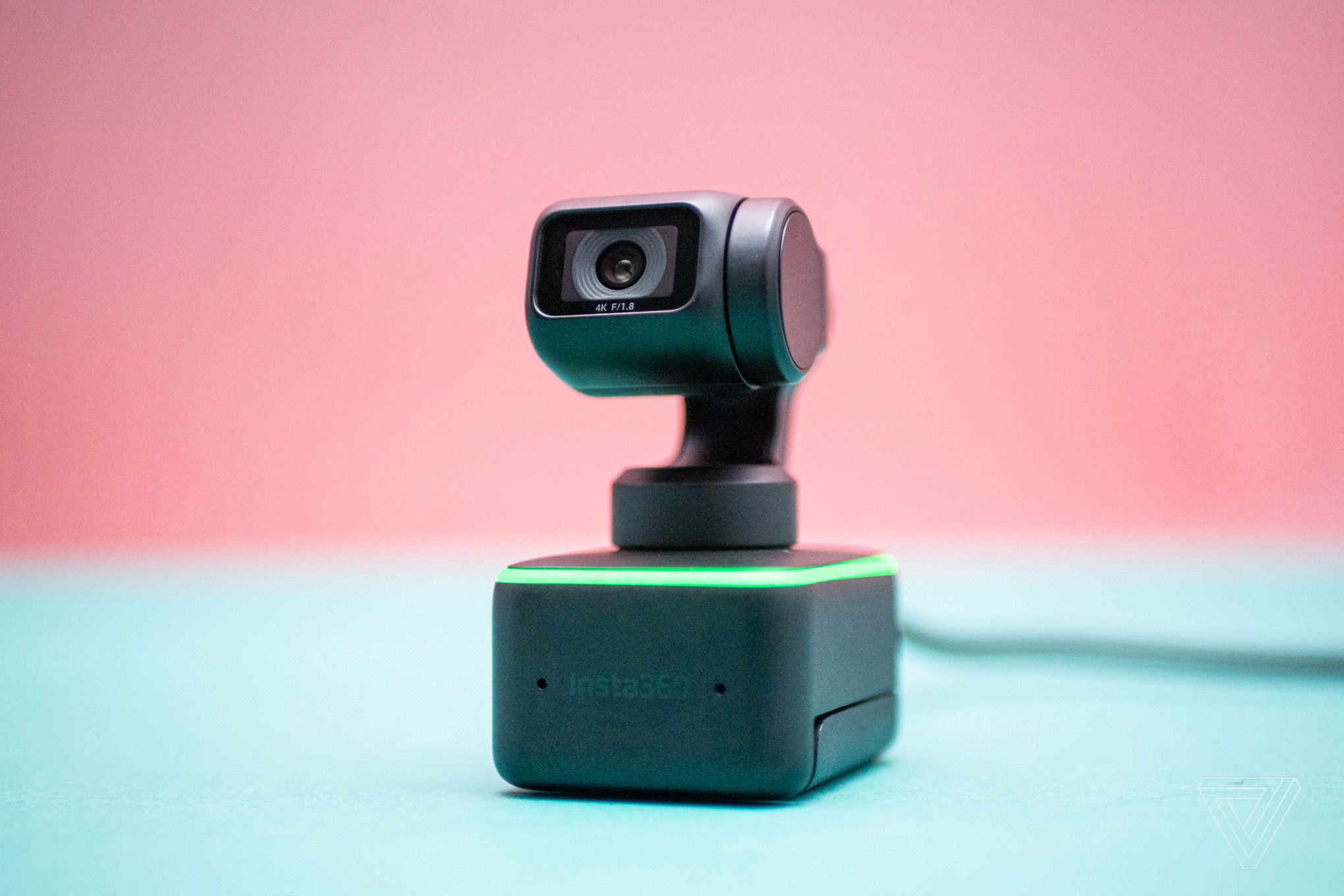Camgirls – How To Deal With Capped Webcam Shows
If you cam long enough, you will eventually have a few webcam shows recorded and posted online for all to see. As with all piracy situations, getting capped cam shows taken down can be a real hassle, but there are some steps you can take to get the content removed – or at least make yourself a bit annoying to the pirate while you try. The amount of effort you put into getting recorded cam shows taken down should be in proportion to what was recorded and how important it is to you to control all of your content. If it is part of a non-nude public show, it might not be worth putting in hours of time to get it taken down, while a private show with full nudity and sex acts may be more important to you to get removed. Ultimately, you will never be able to stop all piracy of your content – it’s just not a realistic goal. You can, however, put a dent in it with the following steps.
First Step: Does Your Camming Site Offer DMCA Takedowns?
Your first step is to contact your cam site’s support team. Some cam sites do DMCA takedowns for content recorded from their cam site, and this is by far the easiest way to get it dealt with. Give your site the link to the recorded show, and if it was a private show, try to identify the member or members who may have recorded it. Giving your cam site as much information as possible will help them target either the pirate site or its host with their DMCA takedown notice. Not all cam sites offer DMCA services, but it is always worth reaching out to support to find out.
If Your Site Doesn’t Offer DMCA Takedowns – Do It Yourself or Consider DMCA Agencies
Submitting a DMCA Takedown Notice yourself is fairly simple, but if your content is heavily pirated it can be quite time consuming. If you have the available funds, and clip and cam show piracy is a big problem for you, consider hiring a DMCA service. Brandit Scan is an affordable option that will send both DMCA takedowns and Google delisting requests for you in just 3 clicks. Using a DMCA agency also protects your privacy in a way that submitting DMCA notices yourself doesn’t. Remember, you are dealing with people with limited integrity, they’ve already stolen from you, so your personal information likely isn’t safe with them.
When DMCA Fails (Pirates In Foreign Countries)
DMCA is the Digital Millenium Copyright Act, and it is a US Federal Law. Pirate sites hosted in other countries are often unresponsive to DMCA requests. If your content is on an unresponsive site, what can you do? These methods all take a decent amount of time, and you need to make sure you balance the effort you put in with the results you get in return to ensure you aren’t wasting time and money on trying to take down a tiny amount of stolen content.
Attack The Pirate’s Methods Of Monetization
Some pirate sites take payment from users and hide their stolen content behind a paywall – in this case, contact their payment provider (some of them get away with using PayPal!) and inform them that the site is charging money for access to copyright infringing content. That will shut down direct payments fairly quickly, usually. Other sites monetize using ads. In that case, things get a bit more complicated. You need to identify the ad placement company being used, which can involve looking at code. Otherwise, you can directly contact the companies being advertised and inform them that their ads are being displayed on pirate sites. Some ad companies and their advertisers will care, but many won’t.
Attack The Pirate’s Traffic
Search engines (specifically Google) are often the main source of traffic to pirate sites. You can submit DMCA takedowns directly to Google, which will result in the de-listing of those URLs in Google search, and will also remove the associated images and videos from search. Google DMCAs are publicly available though, so be very aware that your personal information will be publicly listed. Most DMCA agencies also offer Google de-listing services, which protects your privacy. You can also make sure that your own content comes up on top of the search results and buries pirated content by brushing up on your search engine optimization (SEO).
Watermarking Your Content
Finally, when all else fails, watermarking your content with either your stage name or a URL will at least make sure that pirates are doing a bit of advertising for you. Some pirates will go the extra mile and attempt to crop out your watermark, believing that this somehow means you can’t claim the content through DMCA, but most just throw the content up directly, watermarks and all. Make your content visibly yours so that people who stumble across your stolen content on a pirate site can find you elsewhere and perhaps even become a paying customer!




No responses yet